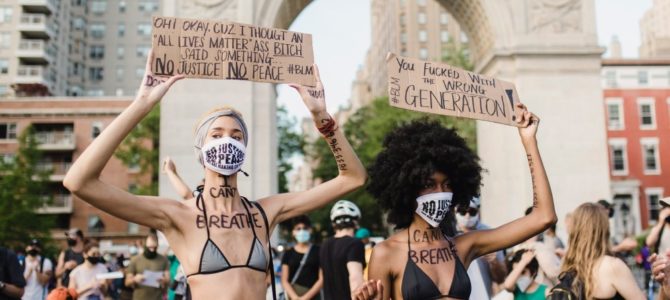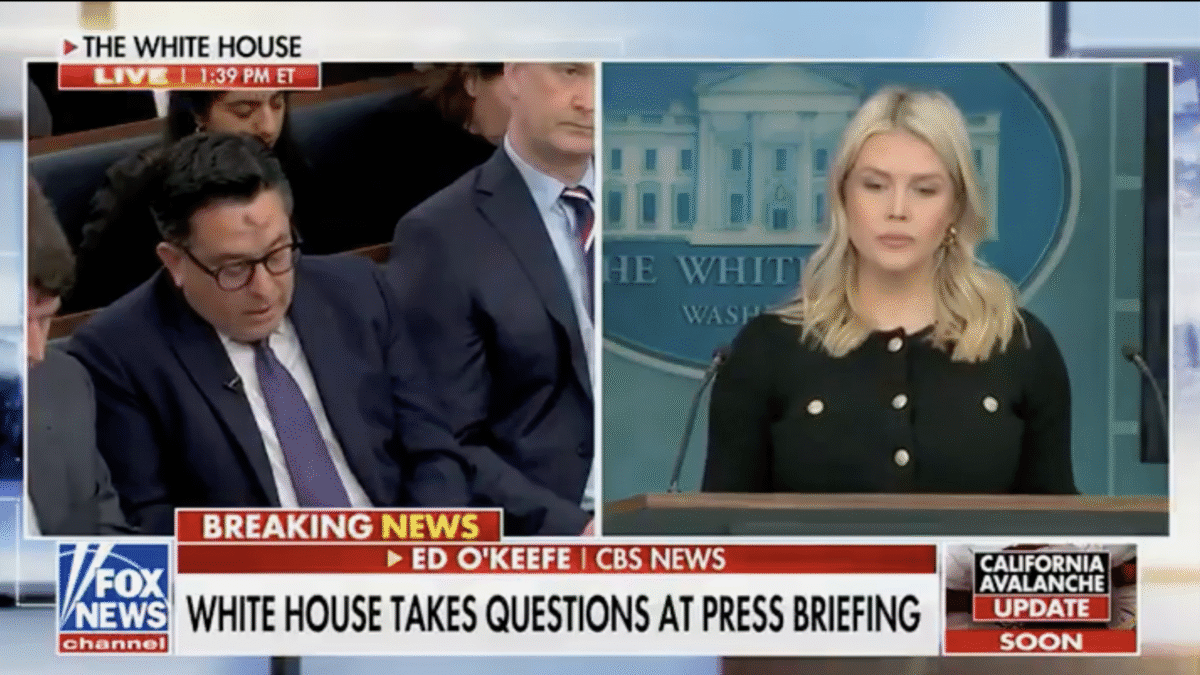
Liberal writer Thomas Chatterton Williams recently tweeted that “The Rufos and the KendiAngelos (sic) of the world feed off of each other’s excesses for their own benefit but not necessarily for the larger society’s. We desperately need cooler, more supple, more ambivalent, more open-minded heads to prevail.”
This remark is a continuation of his coauthored New York Times op-ed arguing that the growing number of state laws prohibiting critical race theory in schools and workplaces are “codified speech laws,” which he believes are antithetical to liberal democracy. He is not the only one. Lately, we have seen a few such examples of “centrists” turning on any actual attempt to roll back the neo-racist ideology.
Needless to mention, this equivocation is fundamentally fallacious. Ibram Kendi promoting CRT in schools is not the same as Chris Rufo opposing CRT in schools, just like pushing someone towards a train and pushing someone out of the train’s way are not the same because they are both acts of pushing.
In fact, such false equivalences are at the heart of a certain type of “centrist liberalism” in its purest form, which refuses any sense of an objective social good or bad, and manifests instead as a bizarre fetish for taking the median position on any given issue. Fence-sitting in and of itself is considered the biggest virtue in this niche. Acts of debating and reasoned discussion are what is considered prestigious, not reaching a position on an issue and acting on it. In its purest form, it is a kind of detached virtue signaling.
These arguments about maintaining studied neutrality in the face of the far left’s overwhelming top-down social restructuring are at best naïve and misleading, and at worst a surrender or sabotage. It manifests a curious play observed often in pro-CRT arguments. There is always a deliberate obfuscation of the real difference between teaching about race versus implementing a race-based policy towards egalitarian end results, a motte-and-bailey rhetorical effort.
For example, there is a difference between studying racism and slavery in early American history and arguing that the founding of America was based on racist principles, as The New York Times’s 1619 Project claims. To argue that there still are individual racists somewhere is not the same as saying there’s systemic racism that needs to be redressed by top-down measures in schools that strive for an equality of outcome. Such an outcome, of course, can never be achieved because people are not fundamentally equal in talent.
It also misunderstands CRT as a theoretical framework versus CRT as a praxis for social change. To give a similar example, Marxism should be studied as one of the major (if flawed) political and economic theories originating in the 19th century. But if Marxism is used as a governing principle to judge academic disciplines, as universities in the former USSR and East Europe used to do, then that becomes an issue.
Ultimately, the Marxist professors and intellectuals entrenched in Eastern Europe did not just give up power after the Cold War because they lost in the marketplace of ideas. When entire societies were “decommunized,” Marxist intellectuals were fired and their departments and disciplines abolished by legislation. That led to most migrating to Western universities or changing their party allegiance to Green and other left-wing parties. That is a lesson about CRT as well.
Liberals increasingly claim there is somewhere a true form of liberalism that is being corrupted by CRT. The reality is that historically liberals often pave the way for radicals to take power, and CRT is no different.
Many who are now fleeing burning cities, or lamenting about the state of universities and higher education, seem to live under an impression that it can all be solved by reasoned debate in the marketplace of ideas. That may be so in an ideal world, but we don’t live in an ideal world. Fanatics in power cannot be reasoned with. Legislation is required to bring back balance when the entire ideological edifice is tilted like this.
The idea that a marketplace of ideas can remain open and free without any legislative order and enforcement providing the space for such freedom is simply naïve. As Joy Pullmann and I showed in a recent paper, CRT advocates now control the funding and hiring at most major cultural institutions. Neutrality is not an option during an ideological hegemony, just like a monopoly is not a free market.
What we have seen for the past few years is a group of elites top-down social restructuring based on questionable theories about the fundamental character of the West in general and America in particular. That is now being reversed.
The common people, fed up with this wildly unpopular ideology, are electing those who support legislating these toxic ideas out of business. The parents taking over school boards and pushing state legislatures to ban CRT are enacting the same kind of revolt against corrupt elites as grassroots movements in Eastern Europe against communism in the 1980s. This is the system working as it is meant to work.








